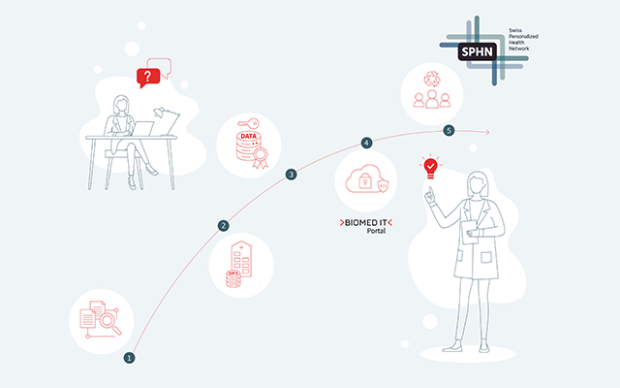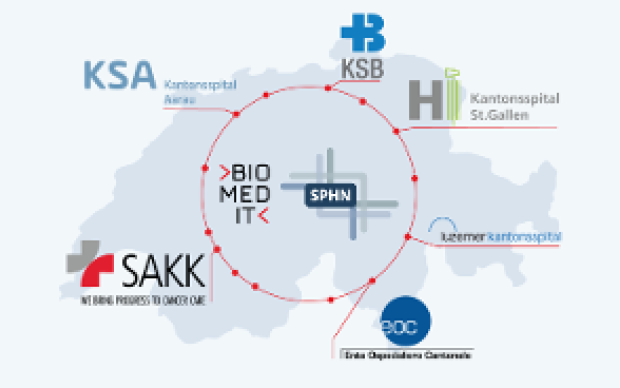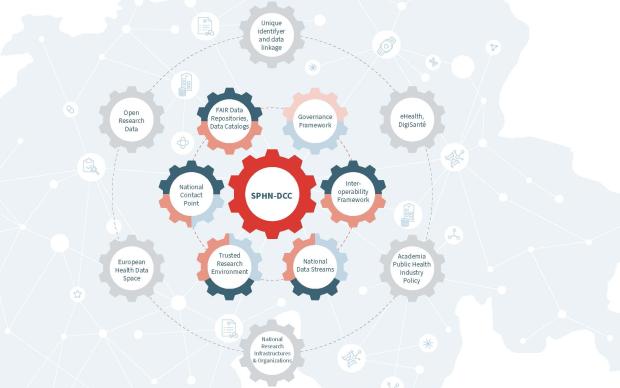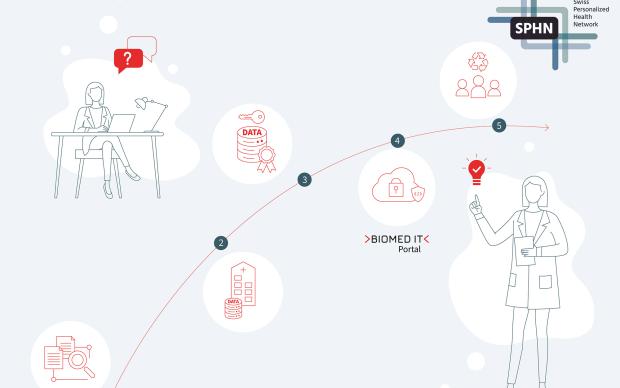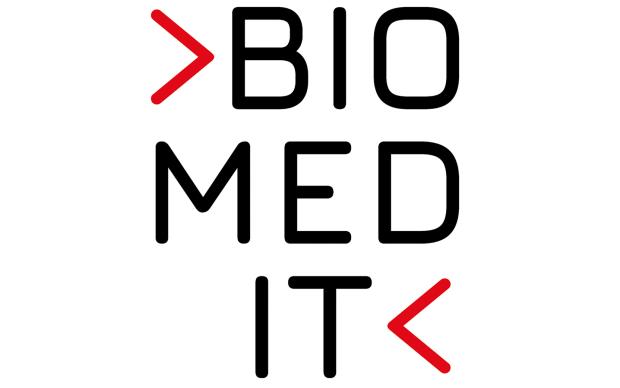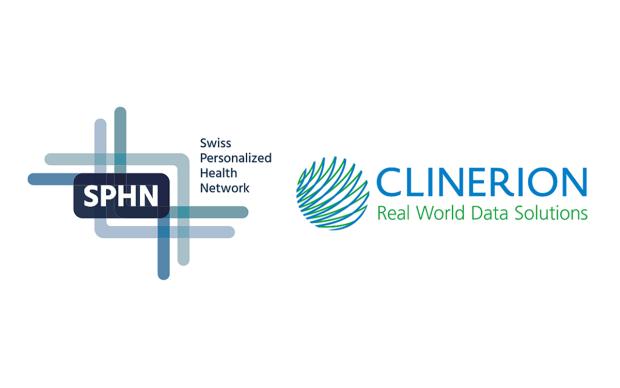The growing use of sensitive personal data in research offers unprecedented opportunities to advance science in health, social, and economic domains. However, it also raises critical challenges: ensuring data security, maintaining public trust, and meeting complex regulatory demands. Addressing these issues requires innovative solutions that balance usability with robust safeguards.
The SIB Swiss Institute of Bioinformatics is uniquely positioned to lead in this domain together with its academic partners in the SPHN initiative, namely ETH Zurich, University of Basel and University of Lausanne. With an extensive experience in implementing the federated BioMedIT network—a national Trusted Research Environment (TRE) supporting secure health data sharing, part of SPHN—SIB has established itself as a pioneer coordinator in Switzerland and a collaborator in international data governance efforts.
This publication builds on that expertise and collaborations, providing actionable insights into the design, operation, and benefits of versatile TREs. It serves as a valuable resource for researchers, policymakers, and institutions striving to leverage sensitive data ethically and securely for scientific advancement.
A secure framework for sensitive data in research
The analysis of sensitive data, such as health and clinical information, offers immense opportunities but also significant risks, including potential misuse or unauthorized disclosure. In Switzerland, the development since 2018 of the federated BioMedIT network provides an innovative, tested solution to enable the safe and ethical use of such data.
It is a collaborative project with ETH Zurich, the University of Basel, and the University of Lausanne, under the SPHN umbrella, that aims to facilitate personalized health research.
This versatile platform ensures a secure environment for storing, accessing, and analyzing sensitive data, addressing the diverse needs of researchers while meeting stringent legal and ethical standards.
Building trust: A pillar for the future
For TREs to succeed, trust must be established with researchers, data providers, and the public. This trust is essential and relies on robust technologies, transparent processes, and close collaboration among all stakeholders. Instead of applying reasonable protection at each individual point where data is handled, TREs adopt a holistic approach that not only safeguards data comprehensively but also fosters trust by ensuring transparency, security, and compliance at every level.
Towards versatile and federated TREs
The publication emphasizes the importance of developing federated TREs capable of adapting to diverse research needs and characterizes TREs. These IT solutions strike a balance between security, flexibility, and accessibility, harnessing the power of sensitive data for scientific innovation.
A shared vision for the future of research
With this publication, SIB and its partners reaffirm their commitment to enabling secure data sharing and calls on the scientific community to adopt TREs as a standard for ethical and efficient research.
👉 Explore the full white paper and join the conversation on the future of TREs in Switzerland and beyond.
Reference(s)
Appleton, O., Kapoor, S., Maffioletti, S., Schomo, G., Wiegand, A., Georgakopoulou, S., Lakshmanan Thirunavukkarasu, S., Dessimoz, C., Fabbretti, R., Geiger, T., Rinn, B., & Sengstag, T. (2024). Versatile Trusted Research Environments: An approach for Switzerland (1.02). Zenodo.






